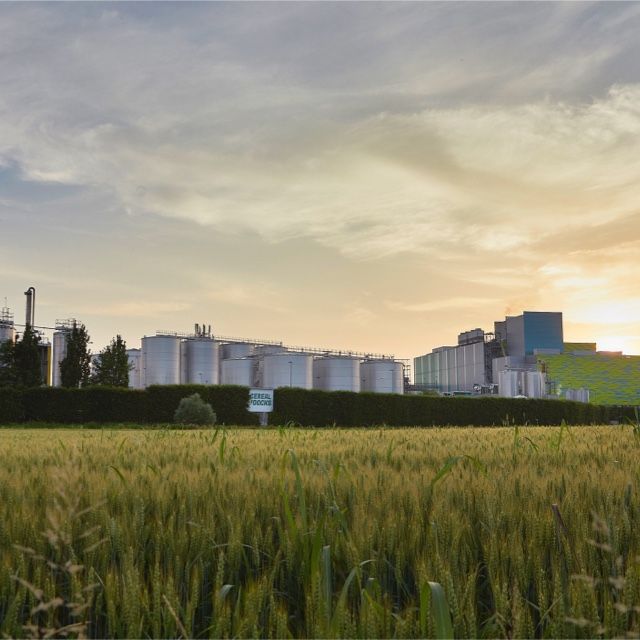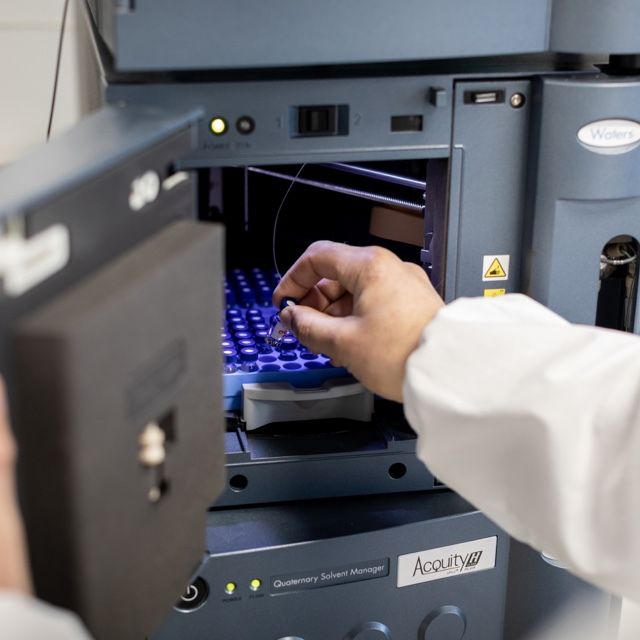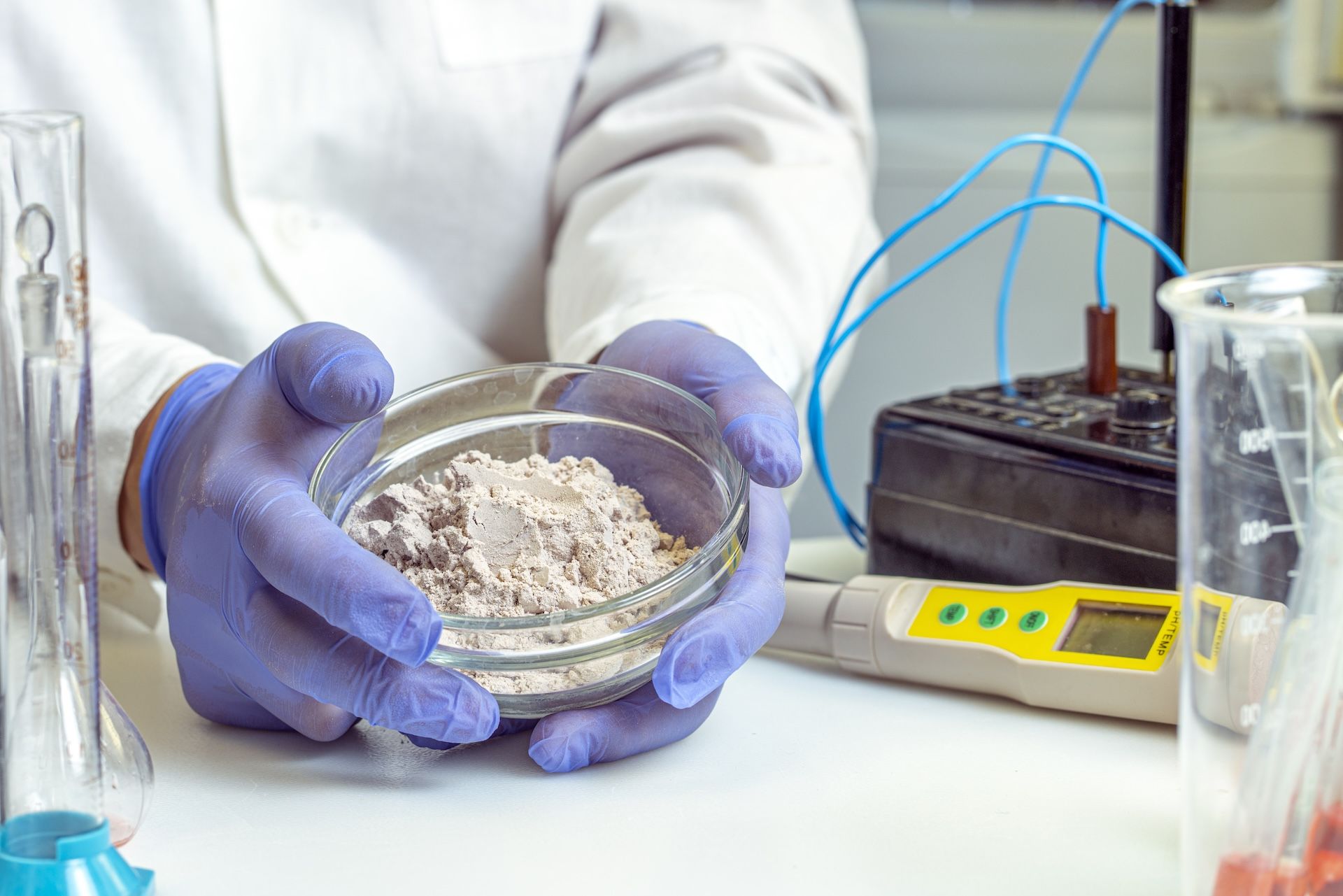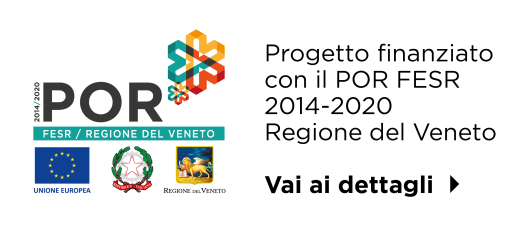A new scientific publication from the R&I Department on renewable proteins
Research in the field of non-animal origin protein sources is gaining increasing importance for companies in the agri-food sector, primarily due to the growing demand for environmental sustainability from customers, which has led the market to increasingly explore the potential of plant proteins.
Cereal Docks did not stand by idly and, thanks to the award of a funding grant promoted by the Cariverona Foundation, was able to collaborate with two young postdoctoral researchers to conduct in-depth scientific research on the matter.
The Research and Innovation Department team at Cereal Docks collaborated for about two years with two specialized researchers and professors from the Faculty of Science and Technology of the Free University of Bolzano, experts in the field of valorization of by-products or waste from food production in a circular economy perspective.
The project "Renewable Proteins from By-products of Oilseed Processing" has concluded, and the results have been published in the scientific journal "Processes" in an article entitled: "Comparison of the quality and functional properties of protein isolates obtained from soy panels: effect of de-oiling technologies".
The study aims to evaluate in particular the efficiency of extraction with supercritical fluid (SFE) as an alternative method for oil extraction from soybeans and obtaining protein isolates. Using SFE for oil extraction, it was possible to obtain a protein isolate yield weight 19% higher than the isolate obtained through conventional de-oiling method with hexane.
Furthermore, protein isolates obtained from defatted cakes with SFE showed significantly (p < 0.05) improved emulsifying capacity and water absorption capacity.
Gel electrophoresis and scanning differential calorimetry indicated the presence of a higher concentration of proteins in their native state in the defatted flour with SFE. Results regarding the content of sulfhydryl groups, surface hydrophobicity, and protein dispersibility index also supported these conclusions.
The higher yield weight of protein isolate obtained is probably also linked to the higher percentage of solubilized proteins in the case of flour obtained from SFE, compared to that obtained from hexane. The results thus support the use of SFE as a green technology to obtain plant matrices with superior functional characteristics, free of fats and rich in proteins, encouraging further research to explore the potential of SFE in the field of alternative food proteins.
A very interesting result, providing important indications for developing increasingly sustainable and healthy production methods.
Food quality and safety
Research & Innovation
REGISTRO IMPRESE DI VICENZA - CF/P.IVA 02218040240 – CODICE ISO IT02218040240 – R.E.A. VI 215209 – CAP.SOC. 10.000.000 EURO INT.VERS.- SOCIETÀ A UNICO SOCIO







